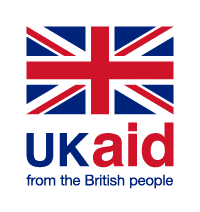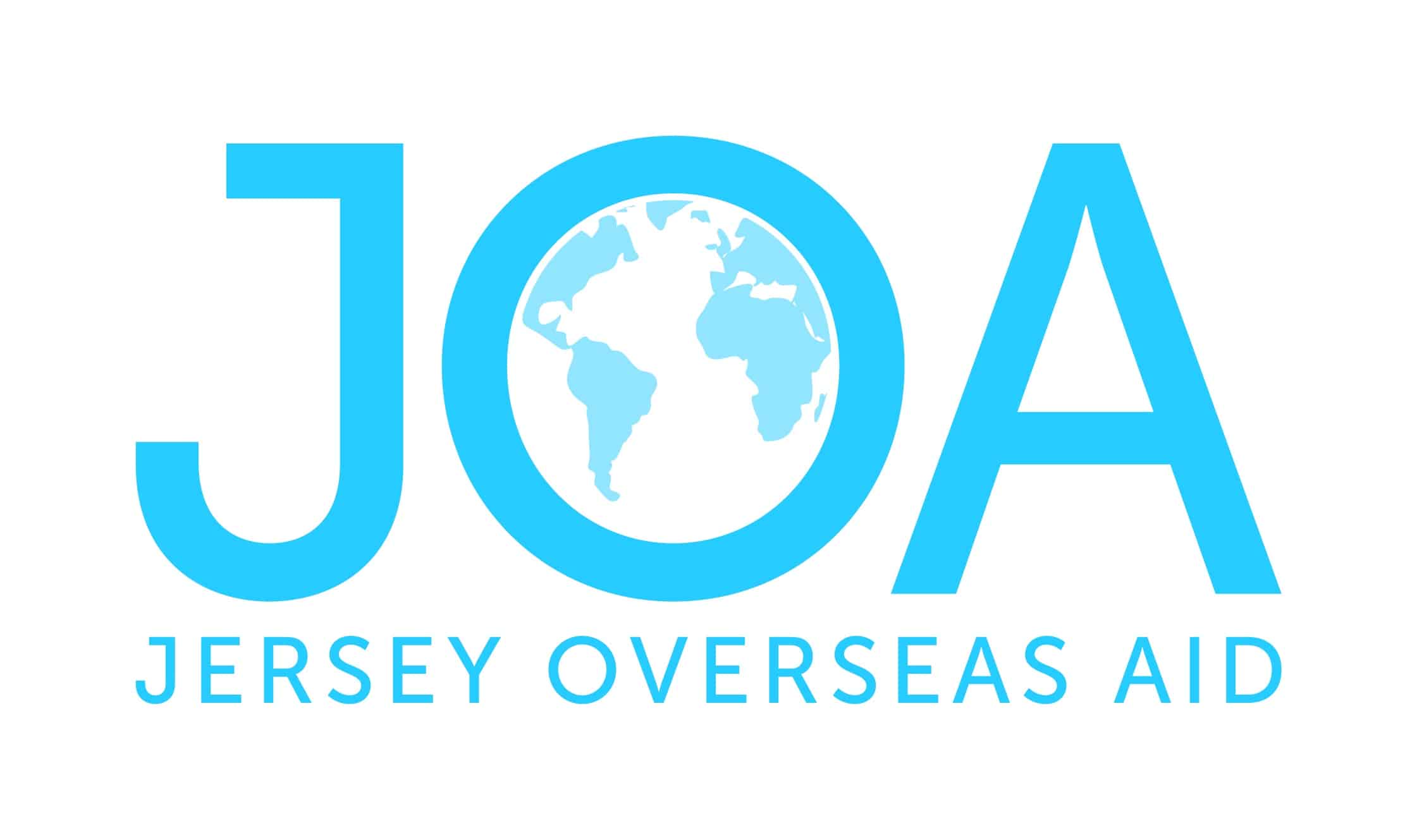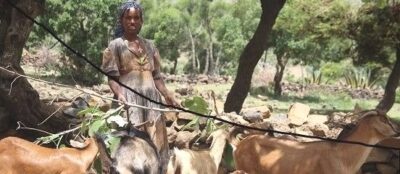Stories
Uganda
14 September 2020
Goat Power – Anna’s story

“There is one important reason why women should be given goats. Before, I did not have authorisation from my husband to own property.”
Like most women in the pastoralist region of Karamoja in north-east Uganda, 59-year-old Anna Angolere has lived most of her life not owning anything.
Caring for children falls to women here, but whenever Anna needed money to pay school fees, she always had to ask her husband. Sometimes he said yes, sometimes no. Anna is one of two wives, and sometimes she had to watch her husband’s other children go to school, while her own children stayed at home uneducated.
Feeding her children was also a struggle. In Karamoja’s arid landscape, unpredictable weather often makes it impossible to grow crops or keep cattle healthy. A single storm can destroy a whole harvest. Anna told us: “When it is rainy or windy, the crops get destroyed and we have nothing to give the children.”
“Farm Africa has done a great thing by giving goats to women. I didn’t always get permission to sell a goat to send my child to school. Now, it’s my decision.”
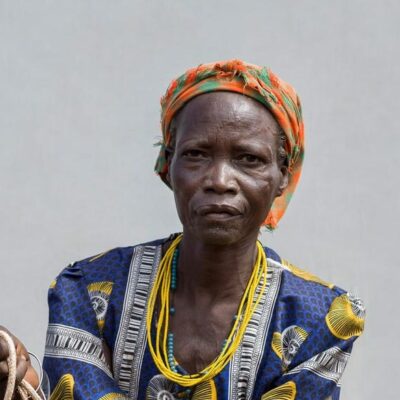
Anna Angolere
Buck keeper, Karamoja, Uganda
With funding from UK aid from the UK government and Jersey Overseas Aid, Farm Africa is supporting women like Anna by giving them their own goats, which they can rear to earn their own money and improve their families’ diets. This means a supply of goats’ milk and meat when harvests fail, and their own money to pay for basic needs for their children.
Anna told us: “The whole village received 20 goats in total from Farm Africa last year. I have seen the difference that having goats has made. When we have the goats’ milk, the children will be able to grow big, strong and healthy.

Photo credit: Chris de Bode / Panos Pictures for Farm Africa
“We can sell one of the goat’s kids, and milk the goats and sell the milk, and this means we are able to send their children to school.
“I have two boys and one girl in school. It is challenging to find the money to pay their school fees. Two of my older children are married now. They never went to school because I could not afford it. I hope my younger ones will be able to finish their education. I have seen what a difference going to school makes. My daughter who is educated is able to read books. She has a job and earns money: she is able to buy her own soap now.”
The project is helping women empower other women in their community: each woman receives two or three goats from Farm Africa on the condition they pass on two or three goat kids to another woman in need once their herd has grown.
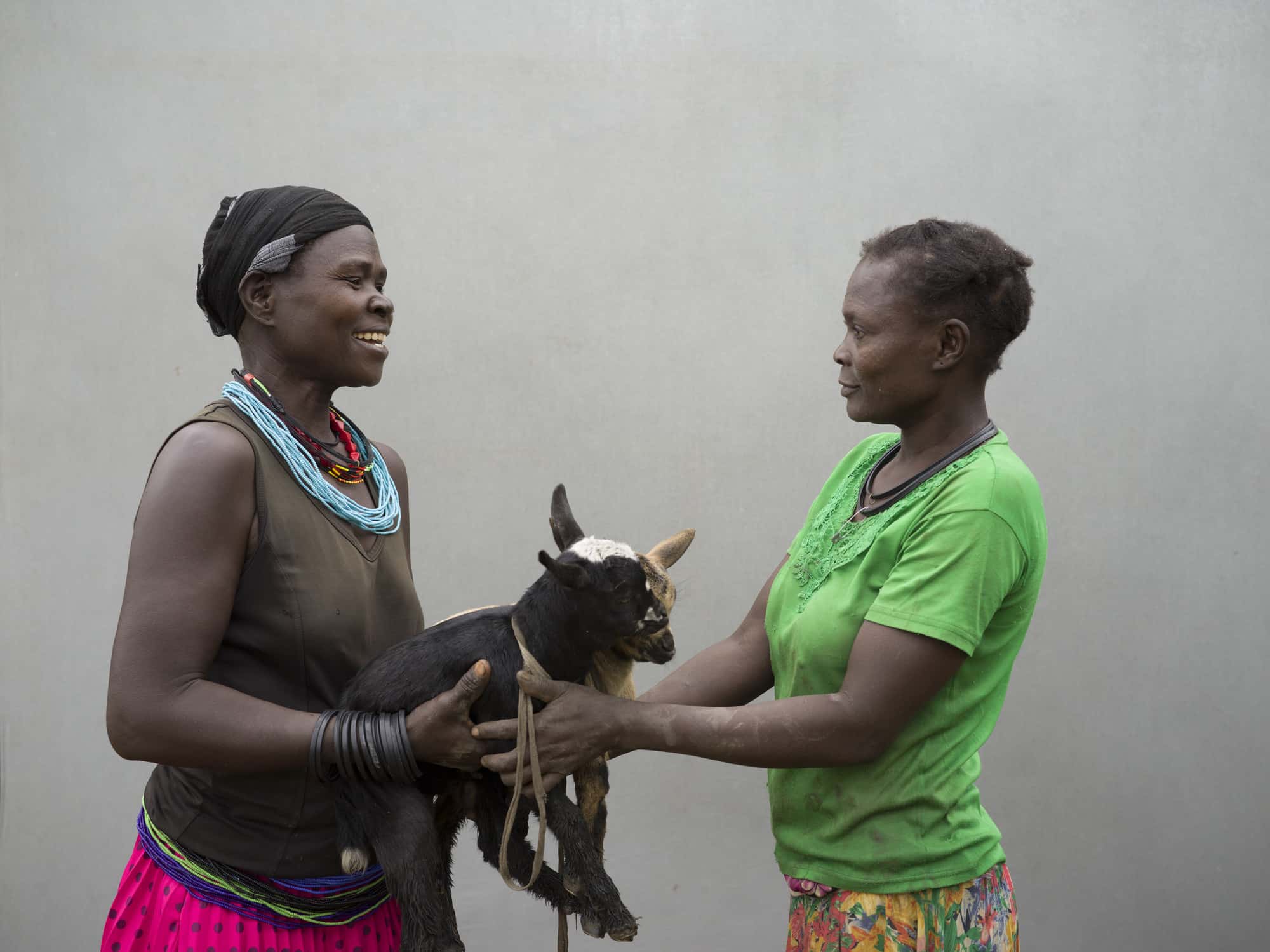
Photo credit: Chris de Bode / Panos Pictures for Farm Africa
“Farm Africa has done a great thing by giving goats to women. I didn’t always get permission to sell a goat to send my child to school. Now, it’s my decision.” Anna commented.
Anna was one of the women featured in Farm Africa’s photography exhibition Goat Power, an exploration of the impact of Farm Africa’s Livestock for livelihoods project by Panos Pictures photographer Chris de Bode.
